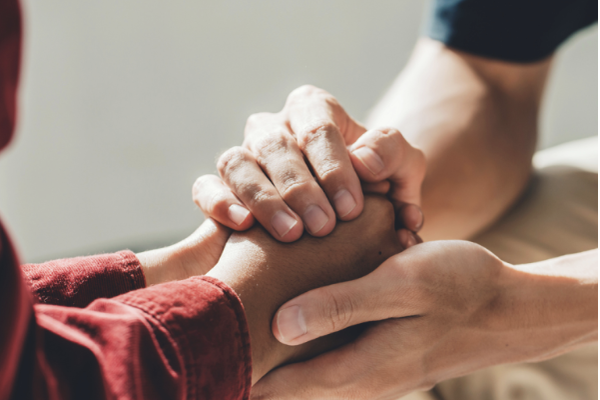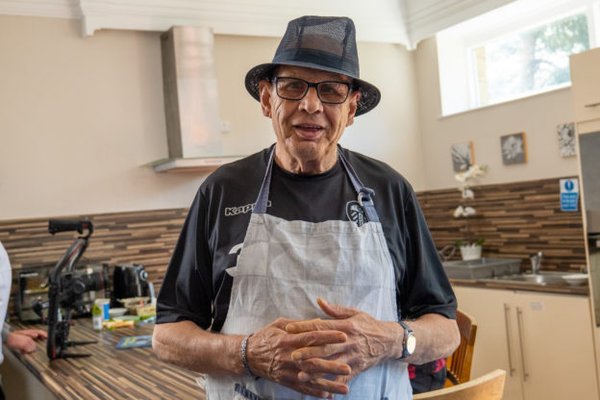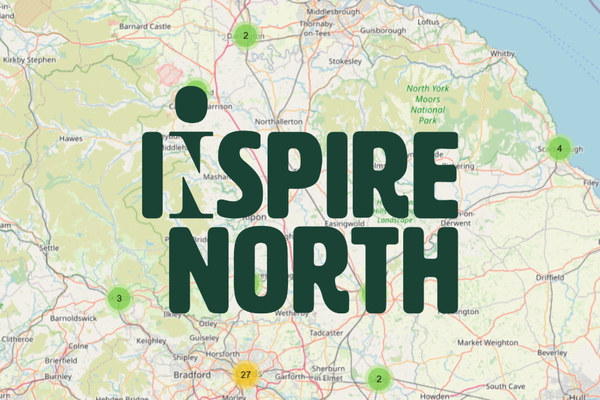What is dramatherapy?
Dramatherapy is a holistic approach to recovery and wellbeing where entertaining ways of relaxing, discovering and (re)connecting are offered through exploration of creative objects, movement and meditation and role play (think “let’s pretend” or “fake it ‘til you make it”) to help you express your feelings, work with your difficulties and consider your hopes for the future.
You can choose to work in many different ways: with art, sound, music, the body and with the written or spoken word to express what is happening for you in a comfortable, informal space.
How does it work?
Dramatherapy activities give you the key to understanding your experiences at a pace that is manageable for you because you are in control of each session.
Example activities
- Grounding activities and meditations
- Exploring movement
- Using objects to explore and express your experiences
- Mapping your world and the people in it
You control:
- How long each session lasts
- How often we meet
- Who comes to the session
- What activities are included in the session
- How much you take part in the session
- You may choose to keep everything private and not talk at all
Watch the clips below to see the Dramatherapy Cupboard and hear:
Ursula's introduction to Dramatherapy
WHY DO ASPIRE OFFER IT?
Since 2012, data featured in Psychosis Journal has shown that 20% of clients who were not initially able to engage in “talking” therapies at Aspire were able to access Dramatherapy individual sessions, or, following a brief induction, group sessions (known fondly within the service as Confidence Course). Of these, 50% were then able to go on to access CBT, Psychotherapy or Family Therapy for full episodes of care, more Social Recovery Team Events and Adventure Therapy. (https://doi.org/10.1080/17522439.2022.2141843)
How do I access dramatherapy?
If you are in the Aspire EIP service, speak to your Care Coordinator to arrange a taster session with Ursula, the Aspire Dramatherapist.
If you are not in the service but are having difficulties with anxiety, or just want to relax, visit our free relaxation exercise for some meditation.
"There’s no pressure to be a part of any part of it. It’s complete freedom and at the same time you have control over what you’re comfortable with."
"When I first joined, I found it really hard to make appointments due to my anxiety. But the environment there made it much easier over time."
"Being me is OK. The Dramatherapy environment made me more comfortable being myself while there. That in turn makes it easier to be myself elsewhere."
"Humour is important. I would be back where I were before if I start taking things super seriously."







